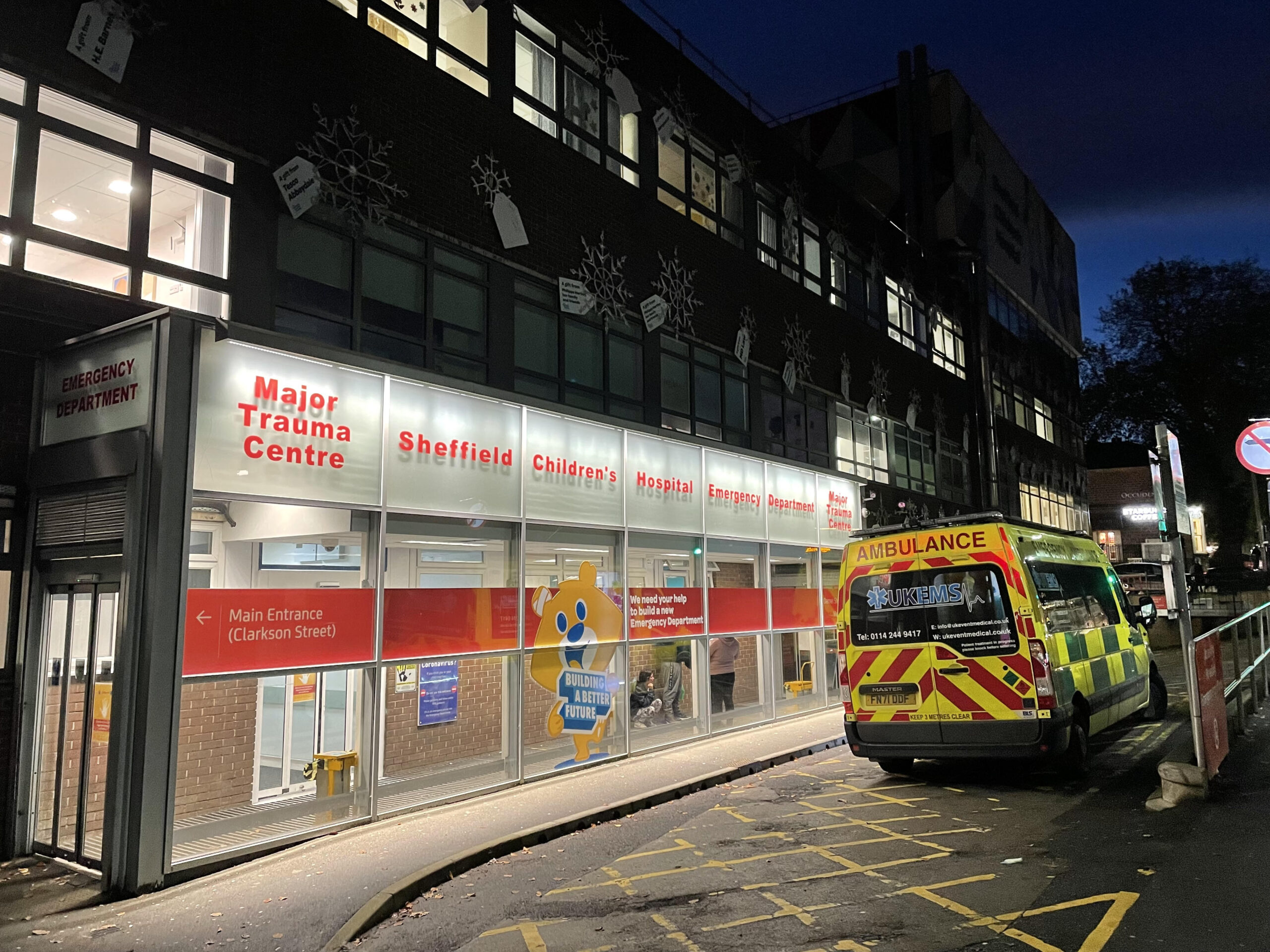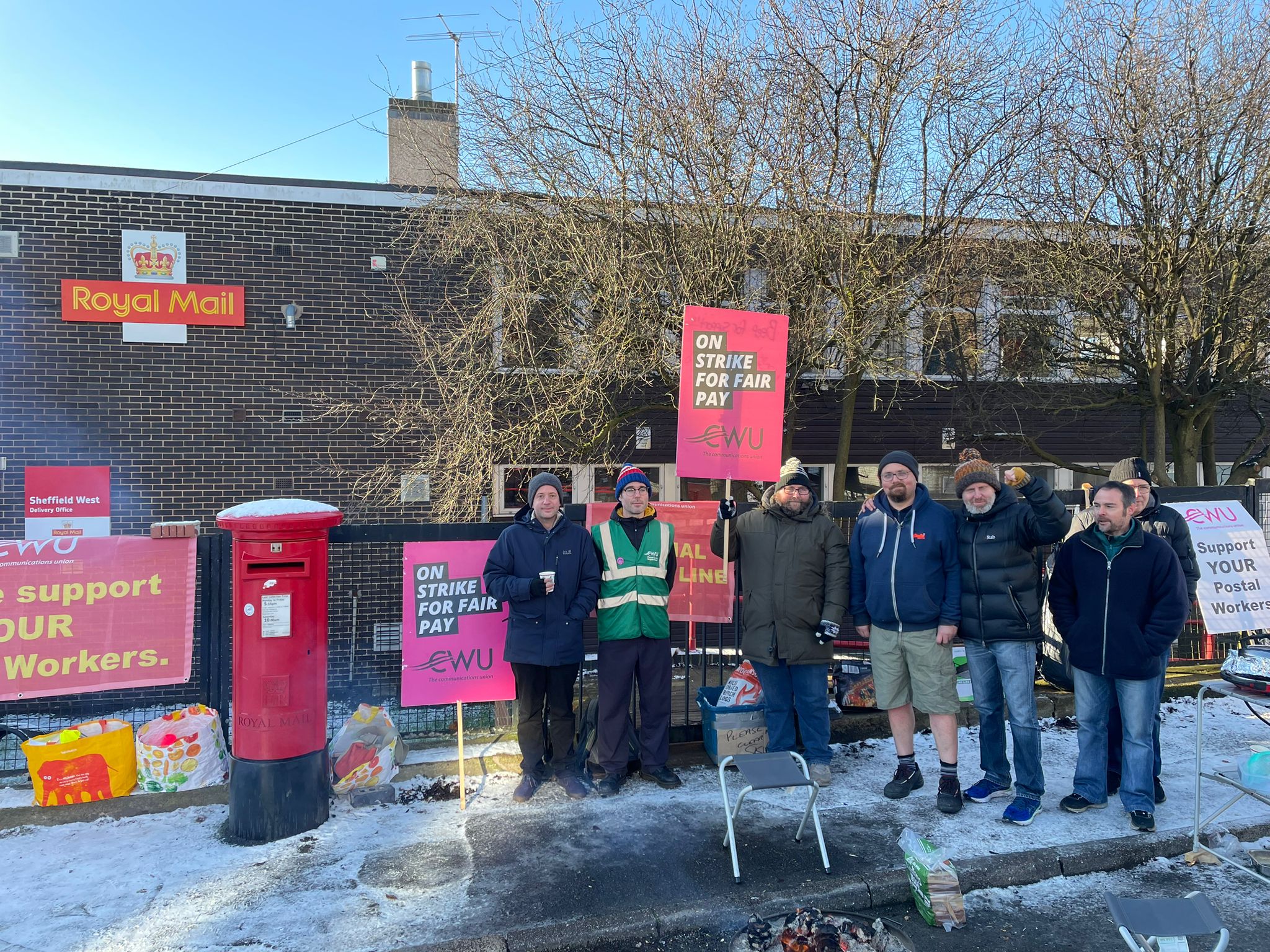A Sheffield nurse has said reports of colleagues barely affording to travel to work and eat has led her to support the upcoming Royal College of Nursing strikes in December.
The nurse, who asked to be kept anonymous, described challenging conditions for NHS staff, with some sleeping in cars to avoid the cost of travelling to and from work, using food banks in hospitals and many suffering from the effects of long Covid.
“It’s unacceptable to be in a situation where essential staff are struggling to make ends meet,” she added.
She said a lack of NHS funding, a failure to prioritise the staffing crisis and pay cuts amount to an erosion of worker’s rights, which prevent nurses from doing their jobs safely.
“The strikes absolutely are about pay, but they’re also about patient safety,” she said.
“Most of us went into the profession to care – we just want to be able to do our job safely.
“We need to prioritise looking after the staff so they can look after patients.”
The Royal College of Nursing announced today that two strikes will take place in December after the government rejected the union’s offer to negotiate on pay.
The strikes will last for 12 hours on Thursday 15 and Tuesday 20 December 2022, and are set to take place across England, Northern Ireland and Wales.
According to the RCN, the strikes will follow the life-preserving care model, which will not affect emergency intervention and therapeutic services for the preservation of life and the prevention of permanent disability, and urgent diagnostic procedures.
The Sheffield nurse said the strikes have been a long time coming.
“We feel like it’s a last resort.
“The government have had plenty of warning from the unions and campaigns from staff about the emergency crisis in the NHS but it has been constantly ignored.
“We don’t make the decision to strike lightly, but if we don’t, things will just get worse.”




